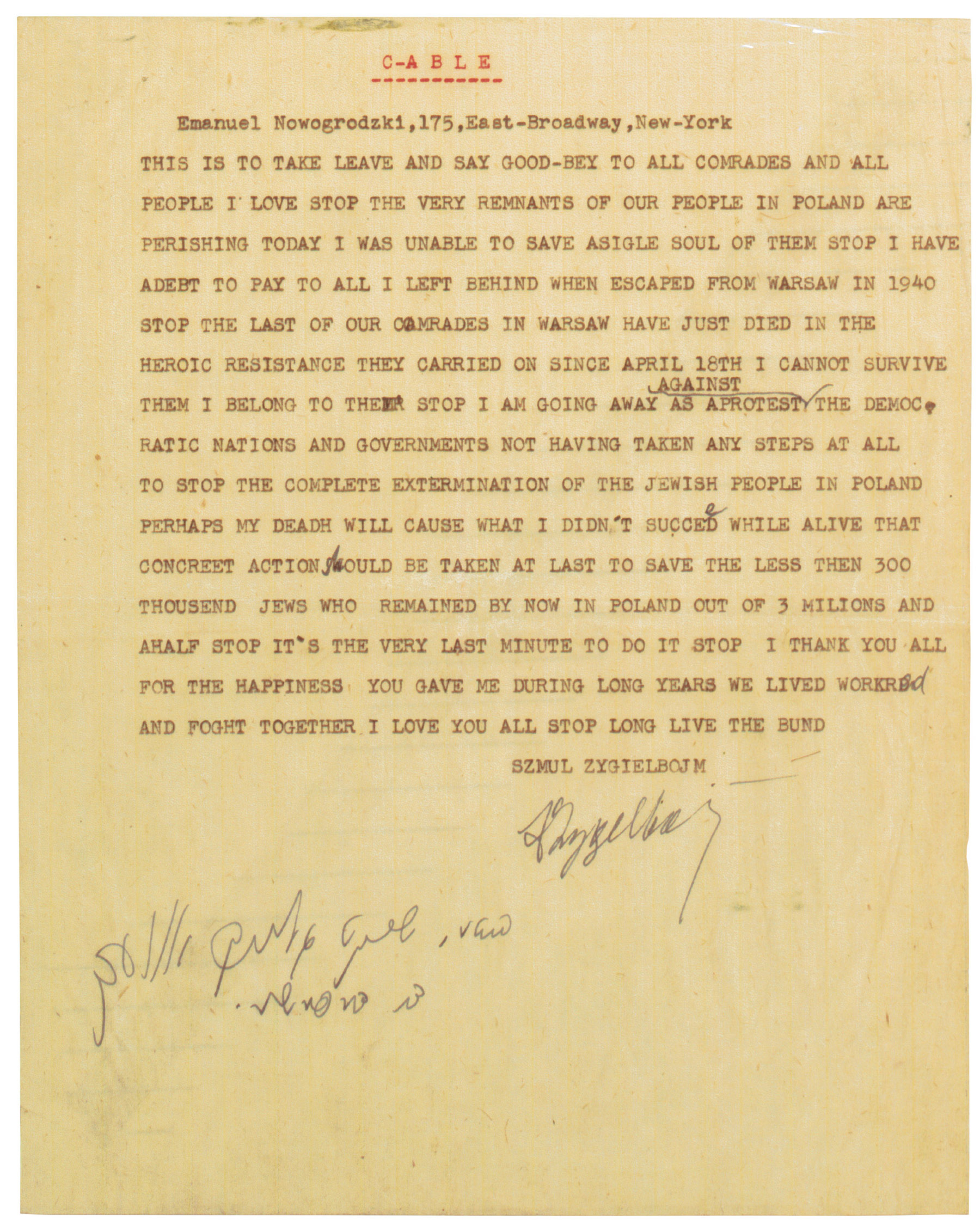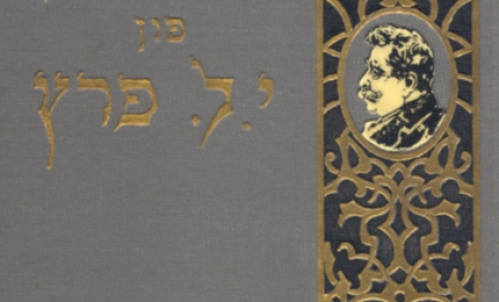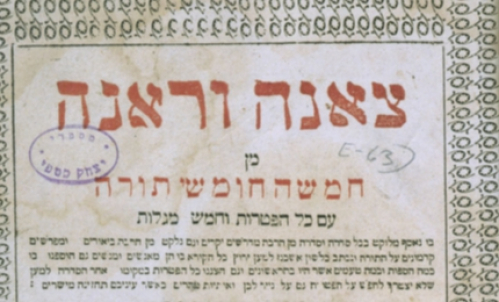Shmuel Zygielbojm's Final Statement

May 12, 1943. YIVO Archives.
The Jewish Labor and Political Archive
After the German invasion of Poland in 1939, Shmuel Zygielbojm, a member of the Bund’s Central Committee who had spent many years helping to unionize Jewish workers in Warsaw and Łódź, joined the defense committee of Warsaw during the siege of the city. After Warsaw fell, Zygielbojm became an organizing member of the underground movement of the Bund in Warsaw as well as a member of the Warsaw Judenrat. When the Nazis tasked the Judenrat with establishing a ghetto in Warsaw, Zygielbojm publicly opposed the order, a move which put him in danger and led his fellow Bundists to arrange for his escape from Poland. He arrived in the United States in September 1940 and spent the next two years working with the American Branch of the Bund, attempting to convince Americans that the situation in Europe was dire. In April 1942, Zygielbojm went to London to serve as the Bund’s representative in the Polish National Council, an advisory body to the Polish government-in-exile. His pleas on behalf of Polish Jewry to the British political elite and the Polish government fell on deaf ears.
After learning of the Warsaw Ghetto uprising and the ghetto’s destruction in April 1943, Zygielbojm understood that his efforts had been futile. Zygielbojm decided on a radical move that he felt would focus attention on the fact that the Jews had been abandoned by the Allied powers and shock them into saving what remained of Polish Jewry: on May 12, 1943, Shmuel Zygielbojm took his own life. In Zygielbojm's final letters addressed to the heads of the Polish government-in-exile, he sharply denounced the free world for allowing what he called “the greatest crime in the history of mankind” to be carried out.

